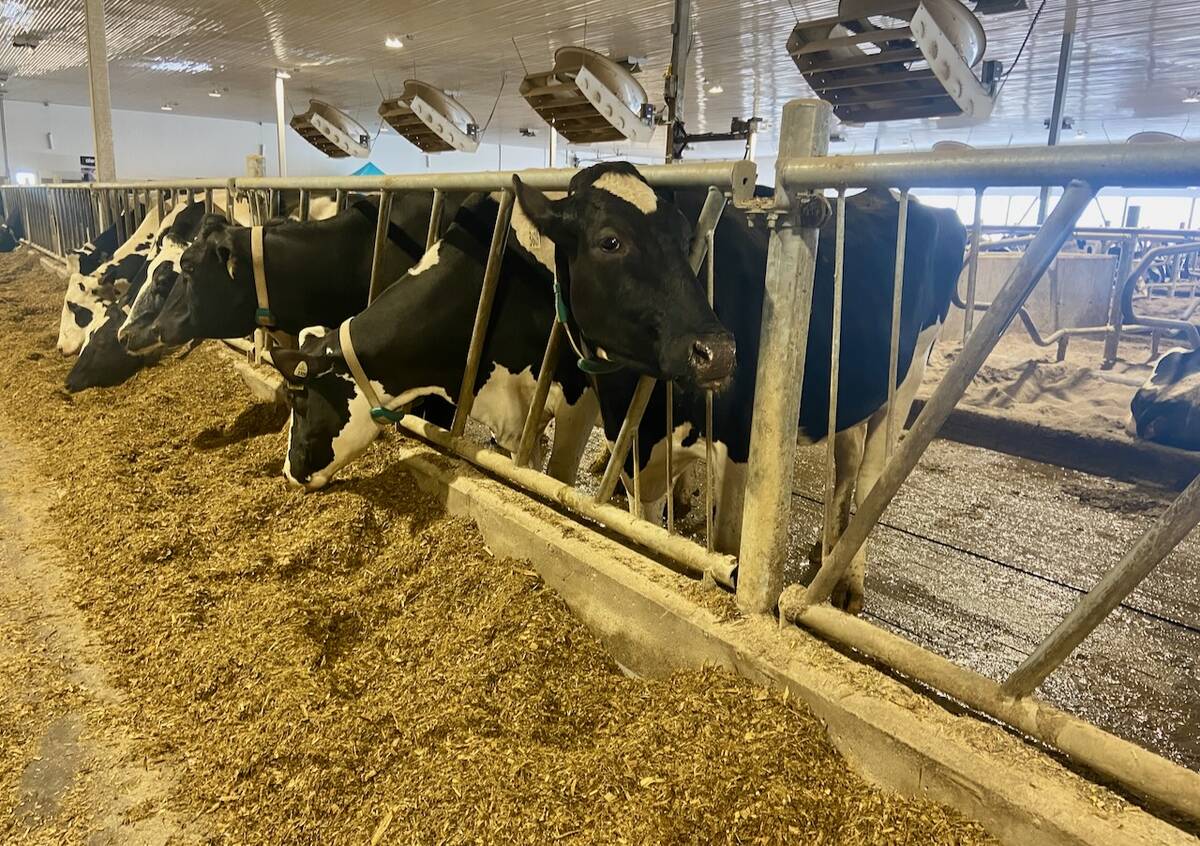Swift Current native Gavin Gardiner will graduate from the University of Saskatchewan with an arts degree and a large debt.
Gardiner, president of the university’s student union, will have higher costs and debt loads than those who live within 80 kilometres of a university, according to a report done by the Canadian Centre on Policy Alternatives, or CCPA.
Retired psychology professor John Conway, the study’s author, said the costs of living away from home are high for rural students.
They can expect to pay an average of $7,000-$8,000 for living expenses and another $6,000 for tuition over eight months.
Read Also

U.S. farm group supports supply management
U.S. grassroots farm advocacy group pushing new agriculture legislation that would move towards supply management like Canada has for dairy industry
“Those costs are a significant barrier,” he said, noting this is probably why rural students are less likely to take post-secondary education.
“A huge proportion of people who are capable and interested in university education will have to go into debt to the tune of about $40,000 for a four-year degree,” he said.
Conway noted tuition fees in Saskatchewan, now the third highest in Canada, have increased by 50 percent in the last five years, with financial assistance to students dropping by one percent each year.
A depressed farm economy and poor farm returns in recent years also harmed university enrolments from rural areas, he said.
About 52 percent of Saskatchewan’s population lives farther than 80 km from the nearest Saskatchewan university, making it the most rural province in the country in terms of higher education.
The study found low-income students beyond the commuting distance are much less likely to attend university than their city counterparts.
Those from higher income families and whose parents have higher levels of education were more likely to attend.
Conway said other provinces have addressed rising tuition costs, including Manitoba where fees are $2,000 less than in Saskatchewan.
He called on the provincial government to impose a two-year freeze on fees in Saskatchewan and make more money available based on financial need.
Gardiner said those recommendations are supported by both university student unions in the province and the First Nations University of Canada. All will be lobbying government this year to draw attention to rising costs at university.
“We are being listened to, I don’t know if we’re being heard,” he noted, saying little has been done to address rising costs.
Currently 70 percent of students in Canada are covered by a tuition freeze, he said.
“There are a lot of costs with going to university. One within the realm of government control is the cost of an education,” Gardiner said.
The CCPA is non-profit research institute that promotes economic and social policy research.














